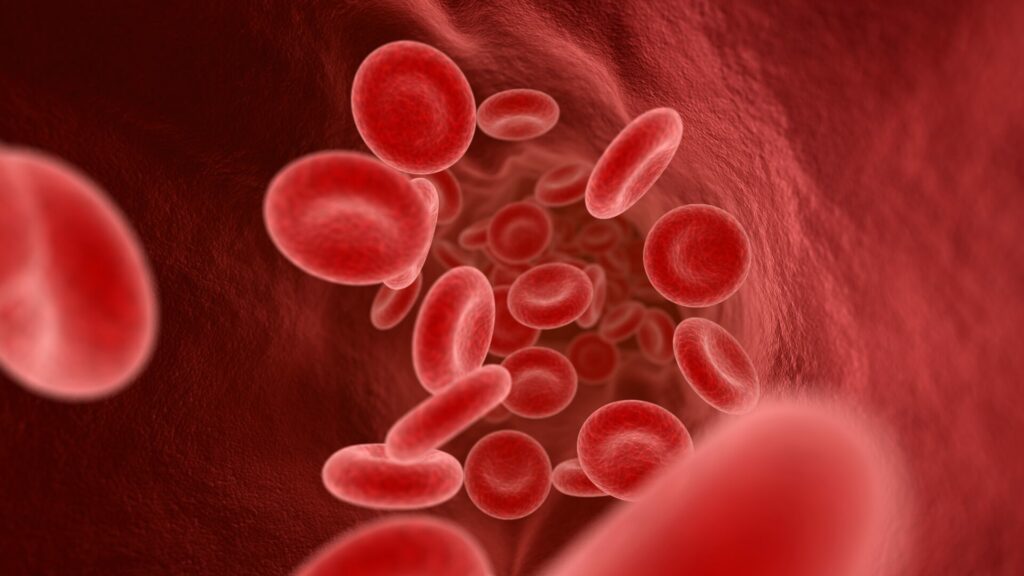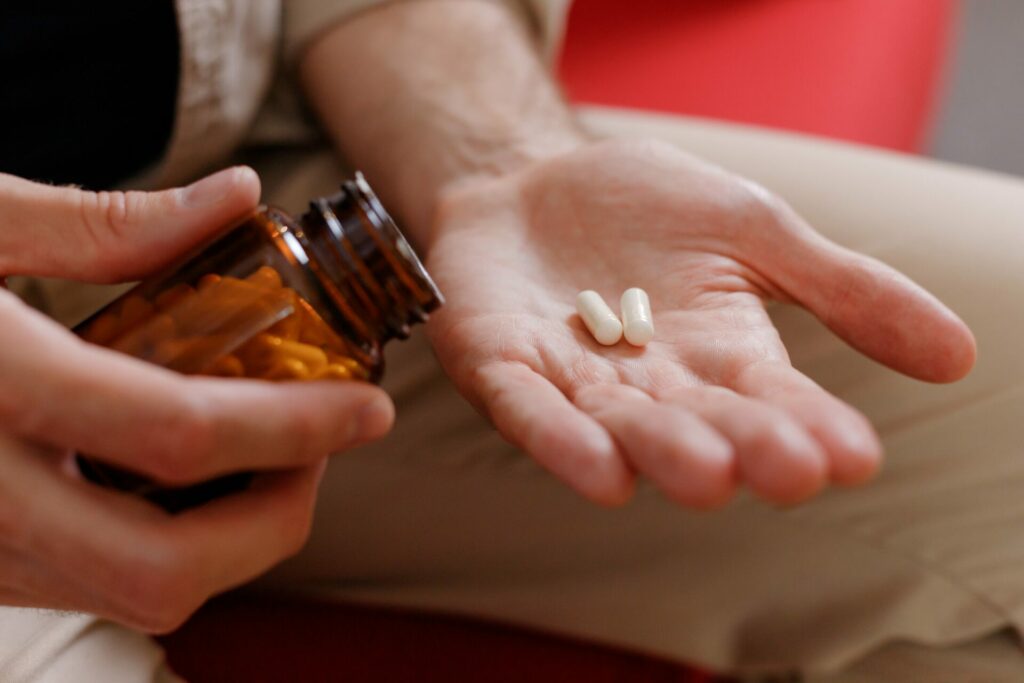The Benefits of Iron Supplements (and the Risk of Anemia)

The Importance of Iron in the Body
When your iron levels are low, your entire body feels it. Iron is an essential mineral that the human body needs to function properly. It is necessary for the production of hemoglobin, a protein found in red blood cells that carries oxygen from the lungs to the body’s tissues and organs.
Iron is also important for the proper functioning of many enzymes in the body that are involved in energy metabolism, DNA synthesis, and immune function.
Iron deficiency can lead to a condition called anemia, which is characterized by a decrease in the number of red blood cells and a decrease in the amount of hemoglobin in the blood. Anemia can cause fatigue, weakness, and other health problems. Therefore, it is important to consume enough iron through diet or supplements to prevent iron deficiency and maintain good health.
Five Health Benefits of Taking Iron
- It treats iron deficiency anemia: Iron supplements are used to treat iron deficiency anemia, which is a condition characterized by a low red blood cell count due to a lack of iron in the body. Taking an iron supplement can increase the production of hemoglobin, which carries oxygen to the body’s tissues and organs.
- It boosts energy levels: Iron is necessary for the production of energy in the body. Taking an iron supplement can help increase energy levels and reduce fatigue in people who are iron deficient.
- It improves cognitive function: Iron is important for brain function and development. Taking an iron supplement can help improve cognitive function, including memory, attention, and learning.
- It enhances athletic performance: Iron is important for the production of myoglobin, a protein that helps transport oxygen to the muscles during exercise. Taking an iron supplement can improve athletic performance and reduce the risk of fatigue during prolonged exercise.
- It supports immune function: Iron is important for immune function, and taking an iron supplement can help support a healthy immune system. Iron plays a role in the production of white blood cells, which help fight infections and diseases.

How Much Iron Should You Take?
The Recommended Daily Allowance (RDA) for elemental iron depends on age, sex, and other lifestyle factors. Below is the RDA based on age and sex.
Infants:
- 0 to 6 months: 0.27 mg
- 7 to 12 months: 11 mg
Children:
- 1 to 3 years: 7 mg
- 4 to 8 years: 10 mg
Males:
- 9 to 13 years: 8 mg
- 14 to 18 years: 11 mg
- 19 years and older: 8 mg
Females:
- 9 to 13 years: 8 mg
- 14 to 18 years: 15 mg
- 19 to 50 years: 18 mg
- 51 years and older: 8 mg
- During pregnancy: 27 mg
- When lactating between 14 and 18 years of age: 10 mg
- When lactating at older than 19 years: 9 mg
The Symptoms of Iron Deficiency Anemia
Iron deficiency anemia is a condition that occurs when the body does not have enough iron to produce hemoglobin, the protein in red blood cells that carries oxygen. The symptoms of iron deficiency anemia can vary depending on the severity of the condition, but some common symptoms include:
- Fatigue and weakness
- Shortness of breath
- Pale skin
- Chest pain
- Headaches
- Cold hands and feet
- Rapid heartbeat
- Dizziness or lightheadedness
- Brittle nails
- Restless legs syndrome
It is important to note that not all individuals with iron deficiency anemia will experience symptoms, and the severity of symptoms can vary from person to person. If you suspect that you may have iron deficiency anemia, it is important to speak with a healthcare provider for proper diagnosis and treatment.
Who is Most At-Risk of Iron Deficiency?
Iron deficiency can affect anyone, but certain groups of people may be at higher risk than others.
Women of are at a higher risk of iron deficiency, and pregnant women also have increased iron requirements to support fetal development. Infants and young children may also be at risk of iron deficiency due to rapid growth and development. As they start to consume solid foods, it is important to provide them with iron-rich foods.
People with gastrointestinal disorders that affect nutrient absorption, such as celiac disease or gastrectomy, may also be at risk of iron deficiency. Vegetarians and vegans may be at a higher risk of iron deficiency due to the lower bioavailability of non-heme iron in plant-based foods.
Athletes, especially endurance athletes, may be at a higher risk of iron deficiency due to increased iron loss through sweating and increased red blood cell turnover. Lastly, people who donate blood regularly may also be at a higher risk of iron deficiency because each blood donation results in a loss of iron.

As iron is a heavy metal, it can be toxic in high dosages. For this reason, we recommend only taking an iron supplement under the guidance of a healthcare professional. In some cases, blood testing is needed to determine supplementation eligibility.
Iron deficiency anemia is not the only kind of anemia. Prolonged Vitamin B12 deficiency can lead to a condition called cobalamin deficiency, which also affects the body’s ability to produce red blood cells. For further reading on Vitamin B12 and your health, click here.
Key Takeaways
The body needs iron for growth and development. While most people get their iron from foods and beverages, supplements can be a great option if you need an extra boost or if you are suffering from a deficiency. Iron deficiency anemia is a common type of anemia that affects many people. If you suspect a deficiency, you might need additional tests or treatment. Talk to a doctor to find out if iron supplements are right for you.

